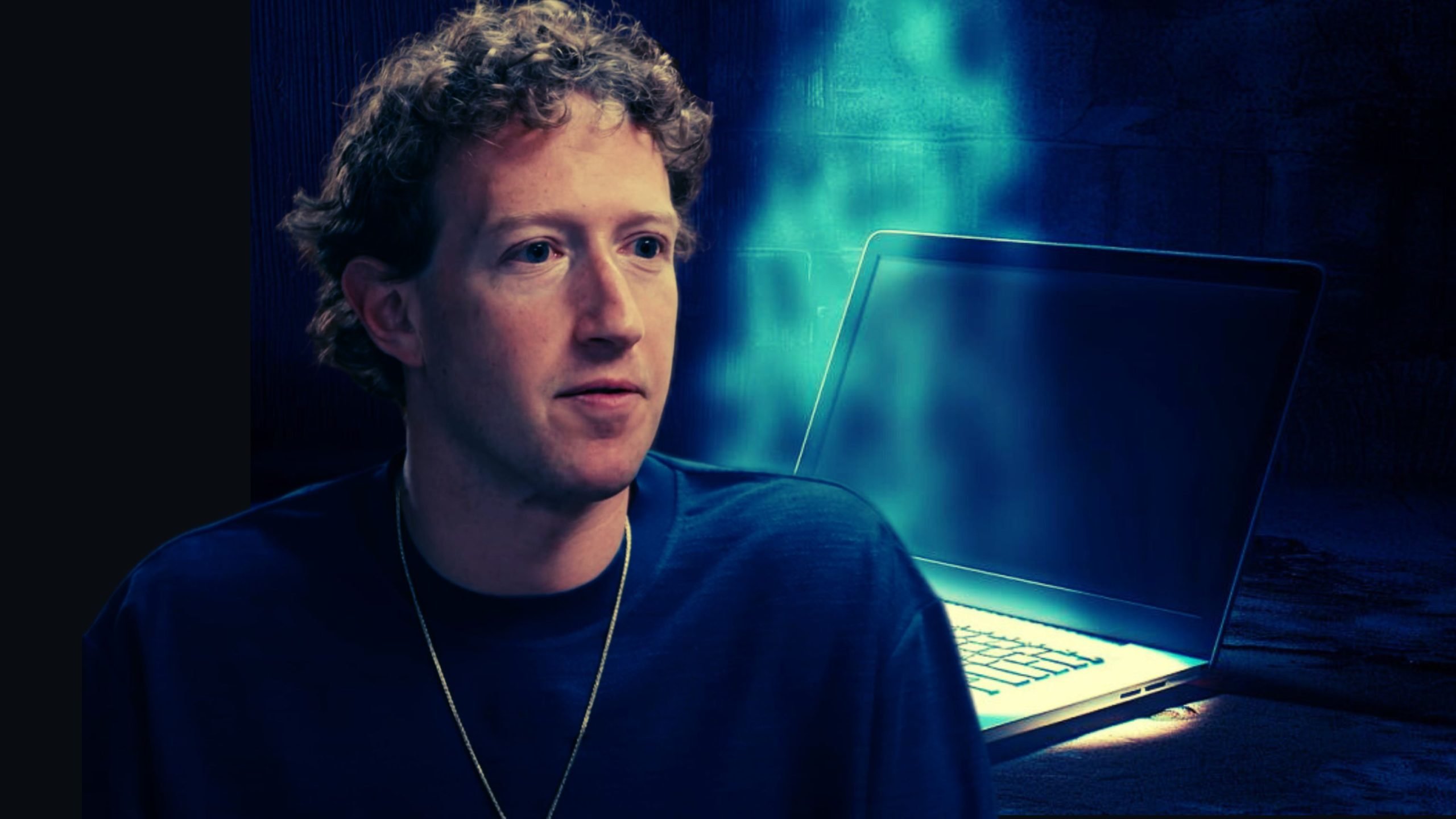In a revealing letter to House Judiciary Committee Chairman Jim Jordan, Meta Platforms CEO Mark Zuckerberg has addressed significant controversies surrounding the platform’s content censorship practices, especially concerning actions taken during the 2020 presidential election cycle and the COVID-19 pandemic.
We obtained a copy of the letter for you here.
Zuckerberg confirmed that senior officials from the Biden Administration exerted “pressure” on Facebook to censor specific content related to COVID-19, criticizing the administration’s approach. Despite the external pressures, Zuckerberg emphasized that the final decisions on content moderation lay with Facebook, admitting regret over some of the decisions made under this pressure.
“In 2021, senior officials from the Biden Administration…repeatedly pressured our teams for months to censor certain COVID-19 content, including humor and satire,” Zuckerberg stated, reflecting on the administration’s actions which he now believes were “wrong.” He expressed regret that Meta was not more outspoken against this pressure at the time: “Ultimately, it was our decision whether or not to take content down, and we own our decisions.”
In a separate disclosure, Zuckerberg detailed interactions with the FBI, which had warned the company of a potential Russian disinformation campaign targeting the Biden family and their association with Burisma ahead of the 2020 elections. This led to the suppression of a New York Post story involving corruption allegations against Joe Biden’s family, which was later determined not to be Russian disinformation. Zuckerberg expressed regret over this decision as well, noting significant changes in Meta’s policy to avoid such actions in the future.
“It’s since been made clear that the reporting was not Russian disinformation, and in retrospect, we shouldn’t have demoted the story,” Zuckerberg conceded, alleging a policy shift to prevent future such occurrences: “We’ve changed our policies and processes to make sure this doesn’t happen again.”
Additionally, Zuckerberg addressed his contributions through the Chan Zuckerberg Initiative to support electoral infrastructure during the pandemic, aiming to assist local election jurisdictions. He defended these contributions as non-partisan, though acknowledged public skepticism about the impartiality of such support.
“My goal is to be neutral and not play a role one way or another,” he affirmed, signaling a withdrawal from similar contributions in future electoral cycles.










